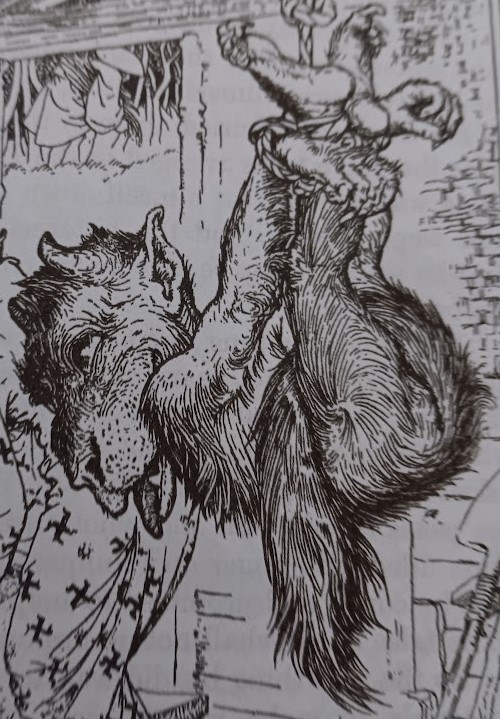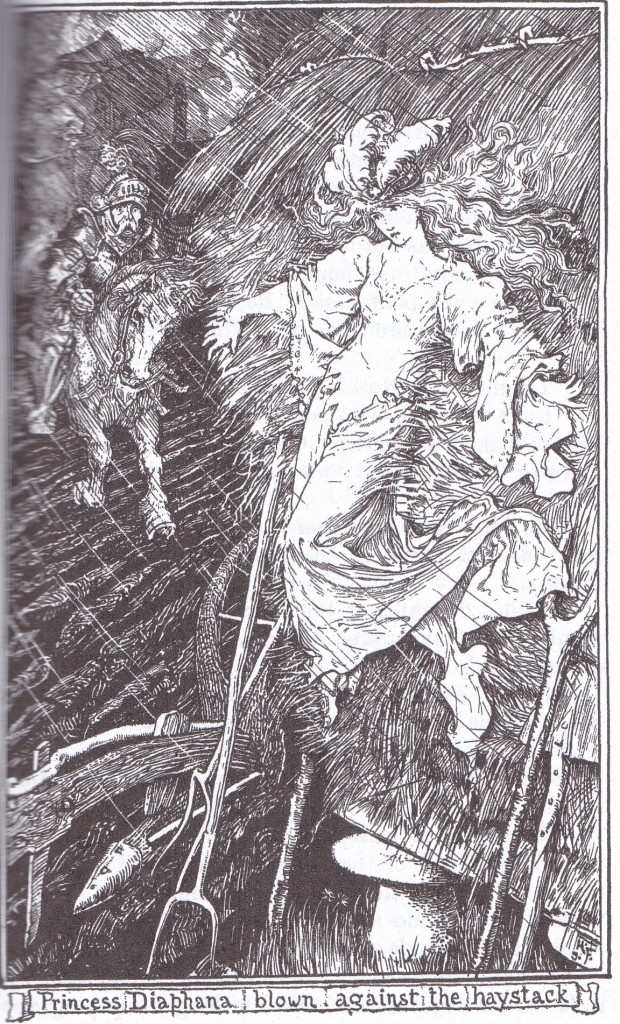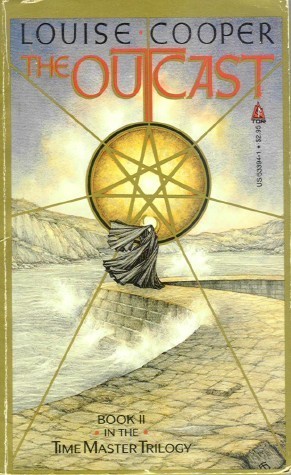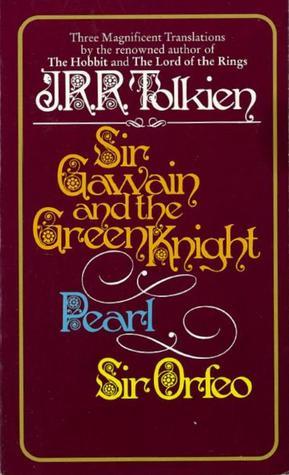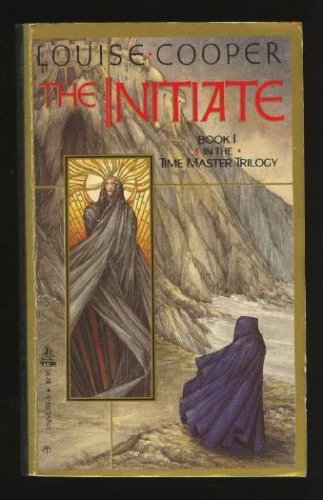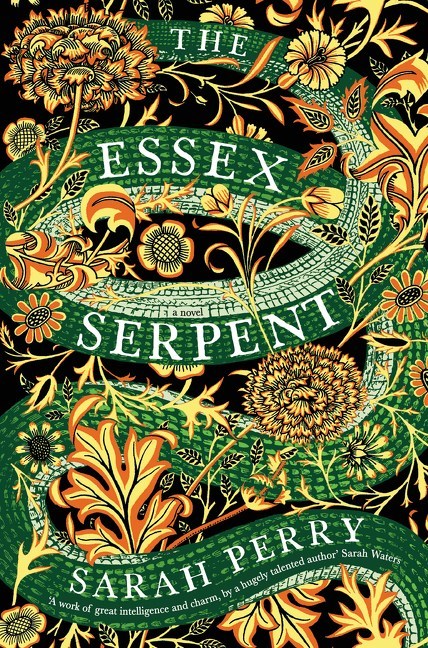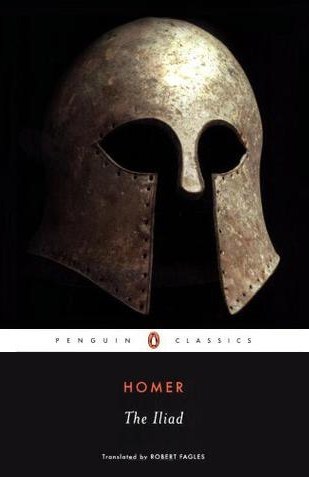
5 stars
First Sentence: A spot of light appeared on the deep red rug which covered the raw rock of the cave floor.
Thoughts: Nine years have passed since Paul Atreides was blinded and went into the desert. His twins, Leto and Ghanima, have grown up to very weird pre-teens. Like Alia, they were both “pre-born” due to their mother’s spice overdose while pregnant so they’re only children in size. Unlike Alia, they have not yet become Abomination. Instead they’re trying to figure out how not to fall into that trap.
How did Alia fall into it? She had a mental crisis some time back, getting lost in all the voices in her head. She was trapped in the clamor of her past lives until one voice offered to help keep the others back. For a price: she had to let that ancestor have access to her consciousness occasionally. Desperate, Alia agreed without considering who was making that deal. It was her grandfather, Baron Vladimir Harkonnen, who has found a way to get revenge on her for killing him.
Side note: Alia is my second favorite character in the Dune universe* and I hate how she always gets a raw deal. Nothing ever goes right for her. Even in Dune Part Two she gets the shaft by not even being there! Seriously Villenueve? You couldn’t follow the book’s four year time jump? Maybe if you had split the movies in the same place as the book you wouldn’t have this problem! At least David Lynch followed the time line. And, since he only made a movie of the first book, he figured out how to give Alia a happy(ish) ending.
And that’s why I love David Lynch.
Anyway, as with all the Dune novels, there are plots within plots. Jessica returns to Arrakis, ostensibly to visit her grandchildren but actually to test them to find out if they’ve become Abomination. She doesn’t realize Alia already has until a fateful Judgement Day when the Baron let his mask slip. Jessica, like a proper Bene Gesserit, set another wheel within wheels in motion. She goes along with the plot to kidnap her and Duncan Idaho so she can get to Salusa Secundus, the home of the remnants of House Corrino. There she trains the Corrino heir in the ways of the Bene Gesserit. Duncan, meanwhile, has a crisis from which he will not recover.
Duncan is also put through the wringer but {SPOILER DELETED}.
There was also an element of revenge in Jessica’s training. House Corrino had recently set a pair of Laza tigers loose on Arrakis and Leto was killed. Except he wasn’t. He and Ghani had faked his death so he can set his own plans in motion. He goes into the deep desert to Jacurutu, the cursed sietch of legend, while Ghani erased her memories of Leto’s escape and hid them under a layer of false memories of his death.
While all this is going on, The Preacher is stirring up unrest on Dune. The Preacher is a blind man who knows more than he should. This leads people to wonder if he’s actually Paul come back from the desert. No spoilers because it’s obvious: it is Paul. His plan, however, is still a mystery.
*Norma Cenva will always be my number one.

